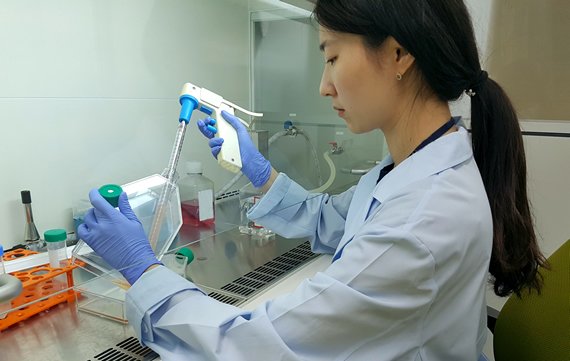
image credit- shutterstock
German firm BioNTech SE has announced plans to accelerate and broaden the clinical development of its cancer immunotherapy pipeline in the Asia-Pacific region by expanding its clinical footprint to East Asia.
The first regional clinical trial sites for the company’s mRNA-based cancer immunotherapies are planned to be activated in Taiwan to initially evaluate BioNTech’s cancer product candidate BNT113 against head and neck cancer. BNT113 is expected to be the first product candidate from a potential wave of novel cancer immunotherapies that BioNTech anticipates to evaluate in the region.
These plans are part of BioNTech’s Asia-Pacific strategy, which has the aim of developing, manufacturing and broadening the access to innovative medicines in Asia, with a focus on treatments addressing the most common types of cancer.
As part of these plans, BioNTech has been collaborating with the YongLin Healthcare Foundation and in November 2022, BioNTech signed a Memorandum of Understanding (MoU) with Retain Biotech Corp., a Taiwan-based organisation that is sponsored by the YongLin Healthcare Foundation and engaged in precision medicine, genomic medicine and cell therapy in oncology.
As part of the MoU, Retain is expected to initially support clinical evaluation of BioNTech’s mRNA-based product candidate BNT113 for the treatment of head and neck cancer in a randomised Phase 2 clinical trial across the region.
The company plans to evaluate the candidate in the broader Asia-Pacific region with first clinical trial sites in Australia’s state of Victoria as well as in Taiwan. In addition, BioNTech and Retain plan to assess the potential to expand clinical activities to Japan, South Korea, Singapore and other East Asian countries and regions for a number of additional product candidates from BioNTech’s oncology pipeline which currently encompasses a total of 18 product candidates in 23 ongoing clinical trials.




